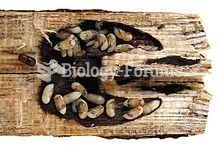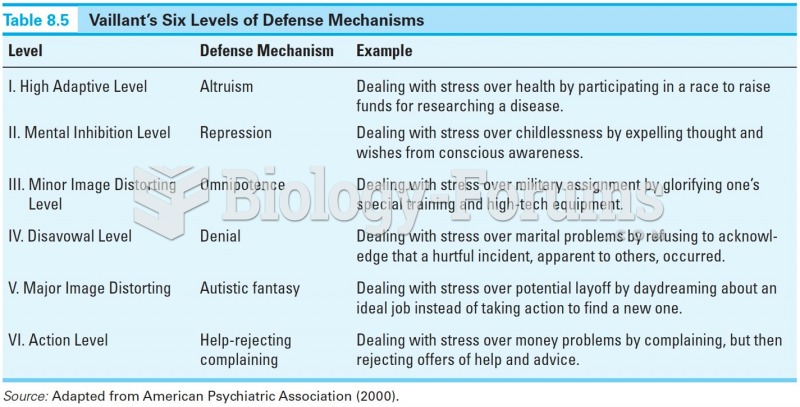|
|
|
The term pharmacology is derived from the Greek words pharmakon("claim, medicine, poison, or remedy") and logos ("study").
This year, an estimated 1.4 million Americans will have a new or recurrent heart attack.
Certain rare plants containing cyanide include apricot pits and a type of potato called cassava. Fortunately, only chronic or massive ingestion of any of these plants can lead to serious poisoning.
Colchicine is a highly poisonous alkaloid originally extracted from a type of saffron plant that is used mainly to treat gout.
Certain chemicals, after ingestion, can be converted by the body into cyanide. Most of these chemicals have been removed from the market, but some old nail polish remover, solvents, and plastics manufacturing solutions can contain these substances.






![Lakou Mizik & Joseph Ray - Ogou (Pran Ka Mwen) [Official Music Video]](https://biology-forums.com/gallery/43/medium_6_31_07_21_7_12_36.jpg)